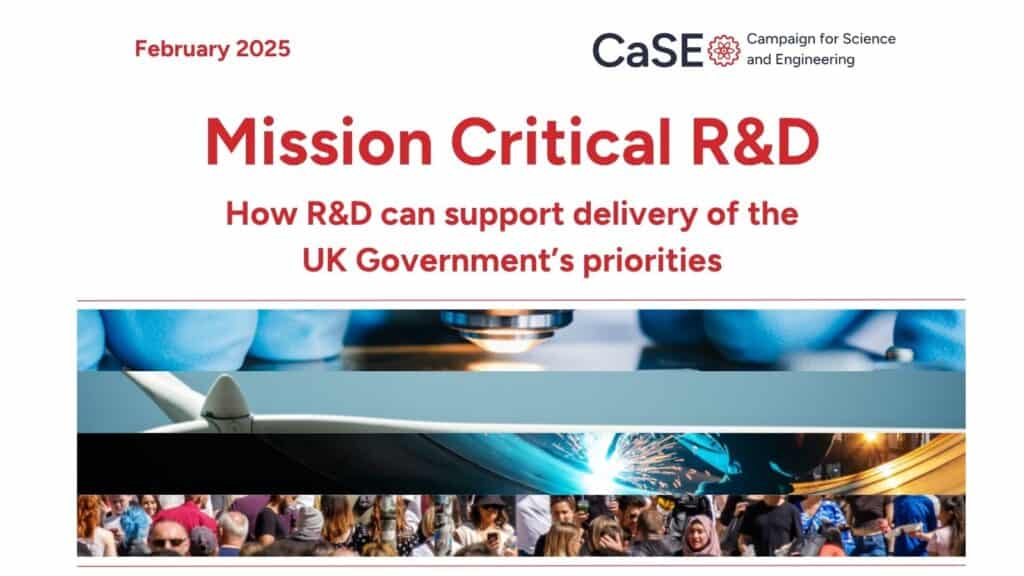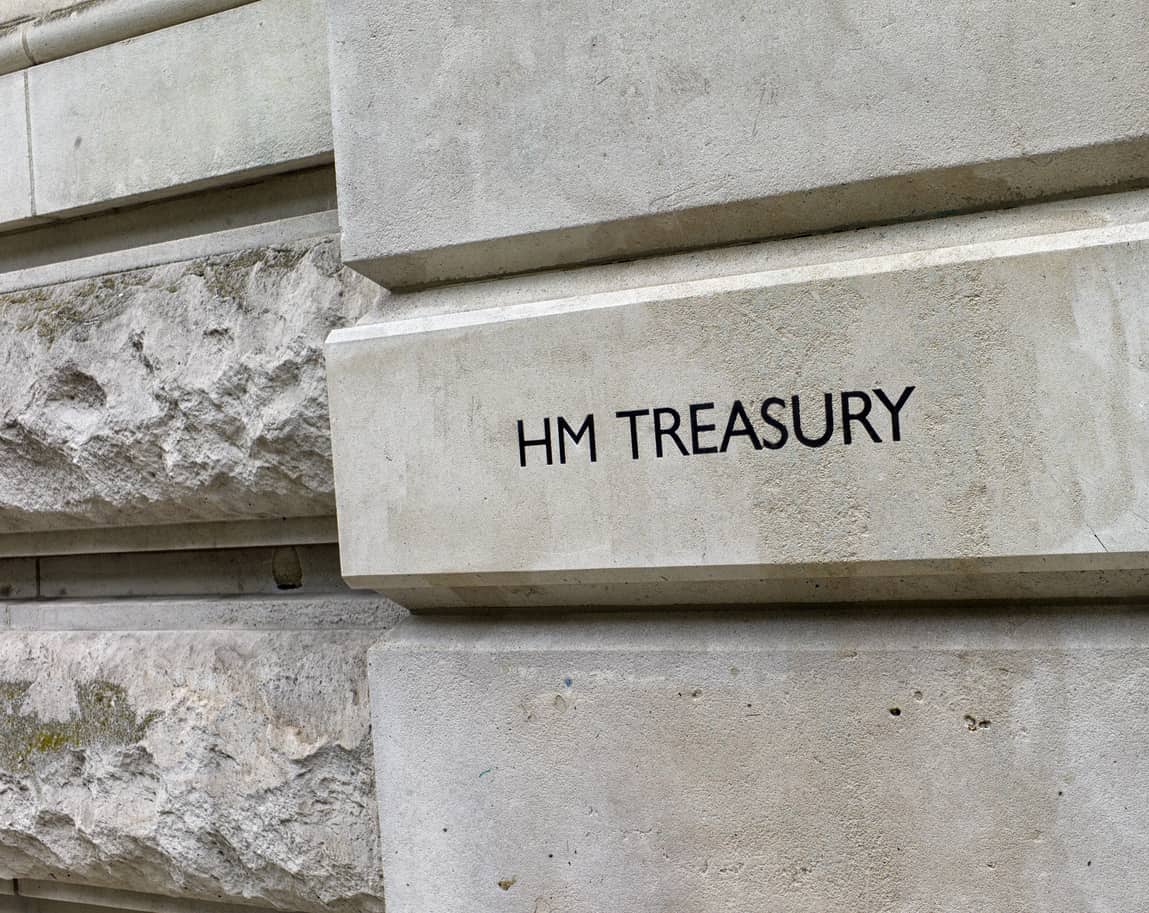This report explores structures, processes and practice for science advice in government and makes recommendations to strengthen them.
Improving the Use of Evidence in UK Government Policymaking
22 Apr 2017
CaSE’s report Improving the use of evidence in UK government policymaking has been produced with University College London.
The report makes 14 recommendations to improve the use of evidence in UK Government policymaking under three themes: architecture; supply and demand; and evaluation and accountability.
CaSE has also published an accompanying two-pager that summarises the recommendations in the full report.

Architecture
- Recommendation 1: The GCSA and GO-Science should be located centrally in the Cabinet Secretariat, alongside other cross-cutting government functions.
- Recommendation 2: Each government department must appoint a CSA who sits on the Department’s Board and put in place succession planning to ensure the post is continuously occupied.
- Recommendation 3: Establish robust science advice structures in the Department for Exiting the EU and Department for International Trade.
- Recommendation 4: The House of Commons Science and Technology select committee should undertake an inquiry on government practice against government guidelines on ‘the use of science and engineering advice in policymaking’
Supply and Demand
- Recommendation 5: The CSA should oversee and publish an annual update of their department’s ‘research areas of interest’.
- Recommendation 6: Cabinet Office should develop UK procurement guidelines for commissioning research informed by best practice.
- Recommendation 7: Cabinet Office should oversee the creation of a cross-departmental database of government research.
- Recommendation 8: Chief Scientific Advisors in consultation with Heads of Profession should monitor skills needs of the department and make recommendations for training.
- Recommendation 9: UKRI should expand and encourage exchange programmes and secondments into departments.
Evaluation and Accountability
- Recommendation 10: Departments should establish and publish an evaluation strategy and report annually to their Departmental Board on progress.
- Recommendation 11: Robust plans for evaluation should be a requirement for business case approval and published alongside policy or programme announcements.
- Recommendation 12: The remit of Scientific Advisory Councils should be expanded to include independent scrutiny of evaluation.
- Recommendation 13: When policies are announced, the underpinning body of evidence should also be published.
- Recommendation 14: All independent evaluations should be published within 12 weeks from the date of completion.

Commenting on the report CaSE Executive Director, Dr Sarah Main, said:
“Considering the weight of evidence helps make policies smarter, more effective and cheaper. With enormous policy, funding and flux across government in the coming years, and time and resources stretched, it is vital that the government’s mechanisms for accessing and using evidence to inform decisions are fit for purpose, performing well and as joined-up as possible across government.”
“The UK has a highly regarded system for scientific advice to government. Many politicians are advocates of evidence-based policymaking, but too often the temptation seems to be to cite slim evidence as the rationale for a new policy, rather than weighing the balance of evidence.”
“A shared, open evidence base, and people with the skills and agency to bring evidence to bear on decisions at every level, will serve the national interest in the coming years. We must continue to press for all evidence to be presented, weighed and scrutinised in the pursuit of good government.”
Alongside the launch of the report, Dr Main wrote a comment piece on the importance of evidence in public life in the context of the March for Science events. CaSE’s Director also wrote an article for New Scientist on why expert evidence can help deliver a good deal for voters.
The report was today launched with a panel event at New Prospect House near Westminster. The panellists, including the Chair of the House of Commons S&T Committee Stephen Metcalfe MP, and invited audience discussed the report’s findings.

Improving the Use of Evidence in UK Government Policymaking
Download Full ReportRelated resources

CaSE takes a look at the details of the DSIT 2025/26 spending allocations, including UKRI.

Analysis and highlights from CaSE’s research into public attitudes towards R&D and the Government’s missions.

This report sets out evidence on the integral role of R&D in driving progress on the UK Government’s missions.

In this submission we set out the views and policy recommendations of CaSE on increasing public investment in R&D, supporting regional economic growth, and ensuring the sustainability of the R&D system.